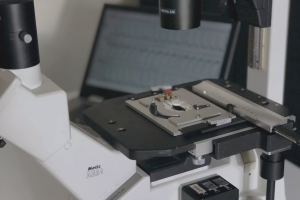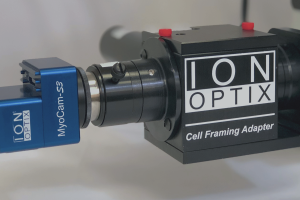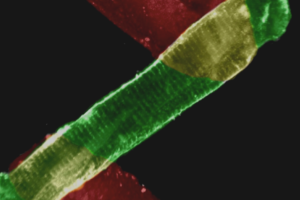Kramerova I, Kudryashova E, Wu B, Ottenheijm C, Granzier H, Spencer MJ
Abstract:
Calpain-3 (CAPN3) is a non-lysosomal cysteine protease that is necessary for normal muscle function, as mutations in CAPN3 result in an autosomal recessive form of limb girdle muscular dystrophy type 2A. To elucidate the biological roles of CAPN3 in skeletal muscle, we performed a search for potential substrates and interacting partners. By yeast-two-hybrid analysis we identified the glycolytic enzyme aldolase A (AldoA) as a binding partner of CAPN3. In co-expression studies CAPN3 degraded AldoA; however, no accumulation of AldoA was observed in total extracts from CAPN3-deficient muscles suggesting that AldoA is not an in vivo substrate of CAPN3. Instead, we found CAPN3 to be necessary for recruitment of AldoA to one specific location, namely the triads, which are structural components of muscle responsible for calcium transport and excitation–contraction coupling. Both aldolase and CAPN3 are present in the triad-enriched fraction and are able to interact with ryanodine receptors (RyR) that form major calcium release channels. Levels of triad-associated AldoA and RyR were decreased in CAPN3-deficient muscles compared with wild-type. Consistent with these observations we found calcium release to be significantly reduced in fibers from CAPN3-deficient muscles. Together, these data suggest that CAPN3 is necessary for the structural integrity of the triad-associated protein complex and that impairment of calcium transport is a phenotypic feature of CAPN3-deficient muscle.






